A twisted Japanese noir with one of the greatest femme fatales committed to celluloid.
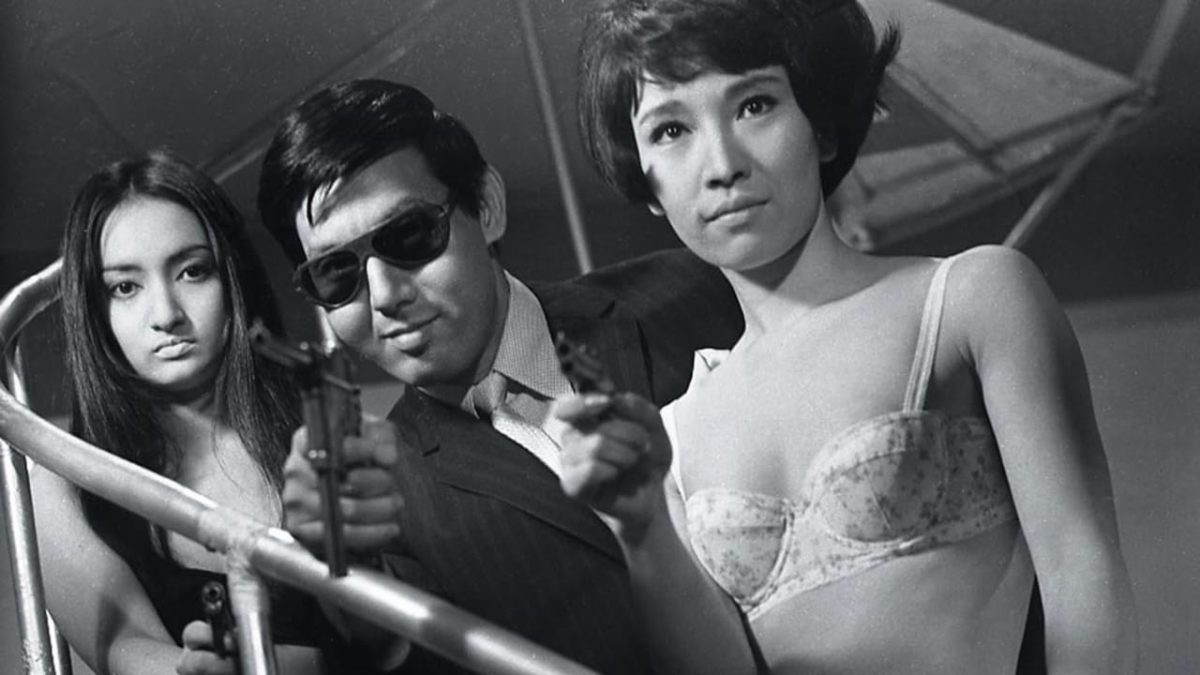

A twisted Japanese noir with one of the greatest femme fatales committed to celluloid.
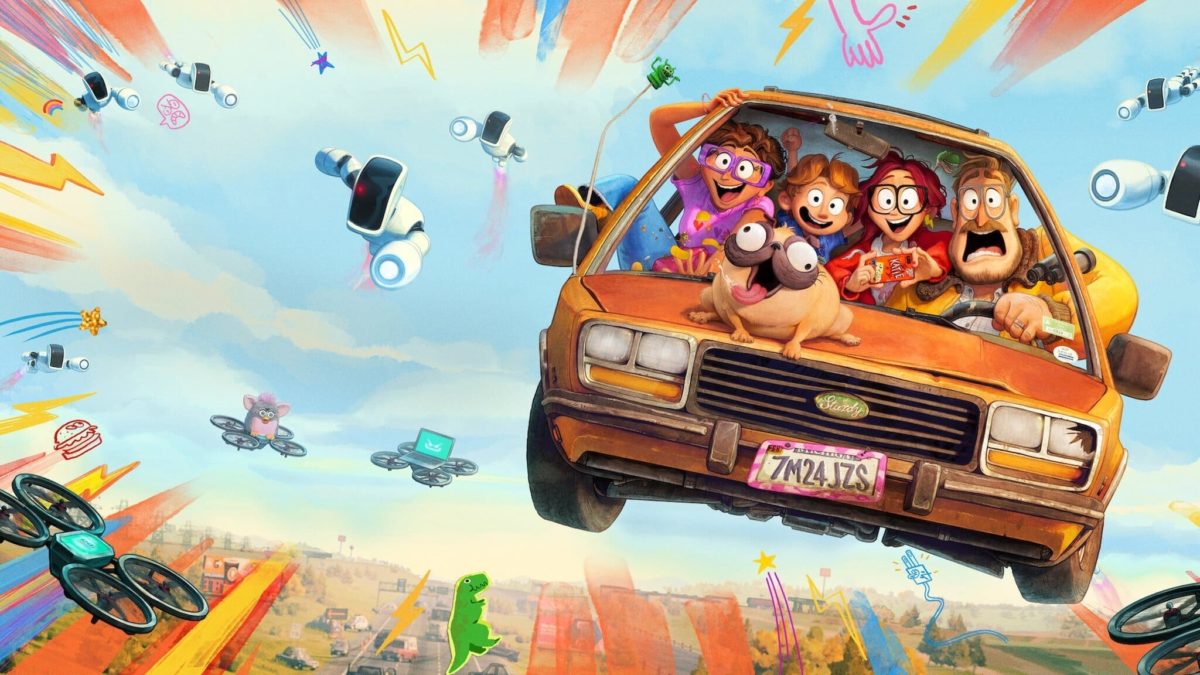
The visuals are astonishing (especially the colors! holy crap!), and the story doesn’t lack for scope or invention or polish. But a polished turd is still a turd, and this script is pretty rough.
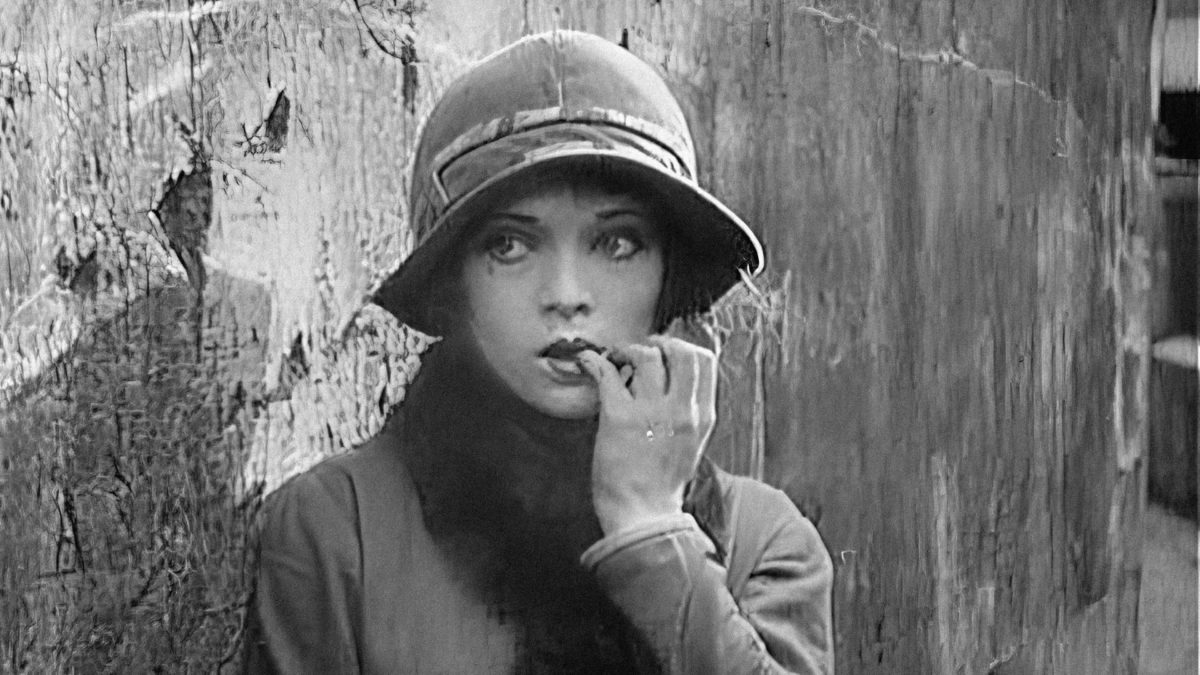
An impressionist masterpiece of composition, editing, and poetic suggestion.
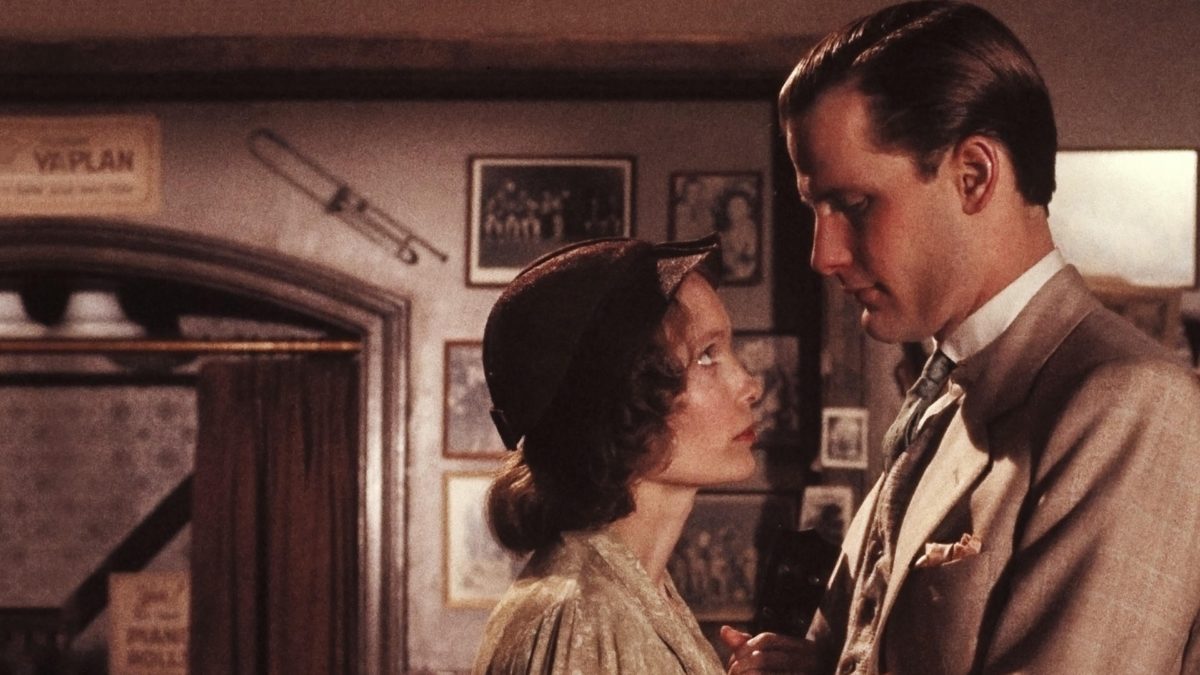
If you love movies and escapism and romance, go watch this film. Hugely entertaining and also smart as hell, brilliantly made, and delightfully acted.
A movie character hops out of the screen and falls for a film-obsessed local girl, and the line between reality and cinema blur. Daniels and Farrow are great.
Kind of like Enchanted but for classic Hollywood instead of golden age Disney.
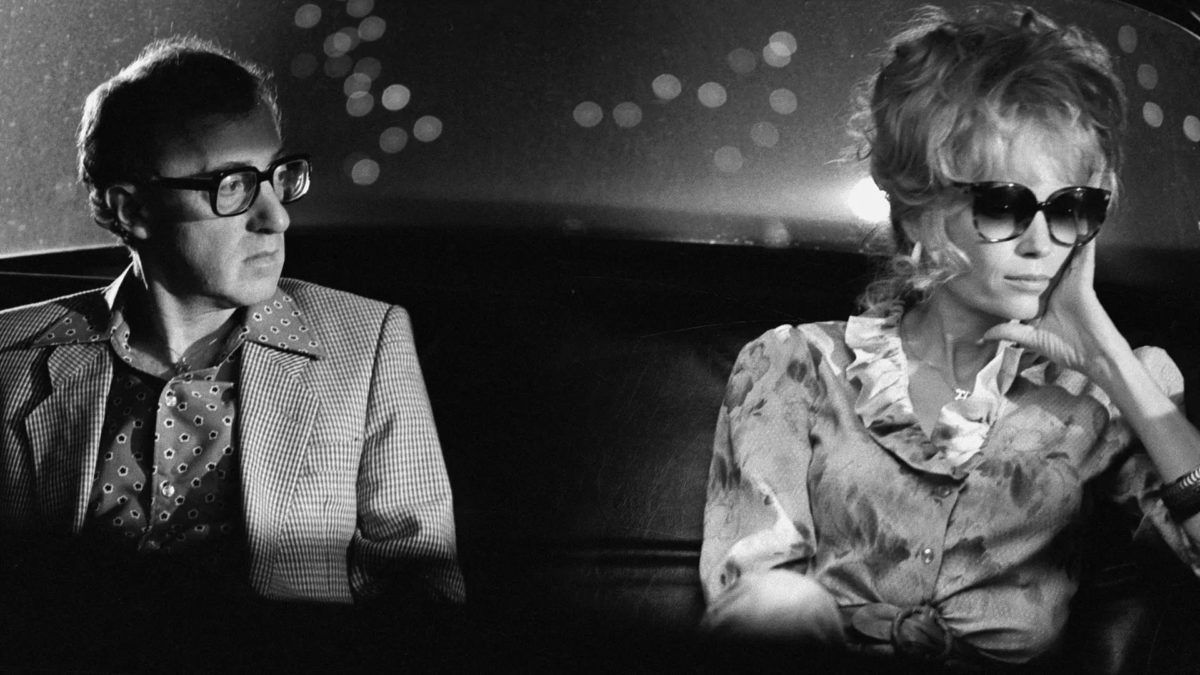
Broadway Danny Rose is Woody Allen at his peak filmmaking powers. The framing story of wiseacres narrating the story gives the movie a tall tale-like feeling. Mia Farrow is amazing and completely transformed, and Gordon Willis’s black and white photography is intoxicating. World-class stuff. The straightforward romantic comedy elements are elevated by melancholic thematic guts, plus the visual grandeur. This is a borderline masterpiece.

More chaotic than I recalled from childhood — for me as an adult, too chaotic. But it’s charming with lovely watercolor backgrounds and great characters
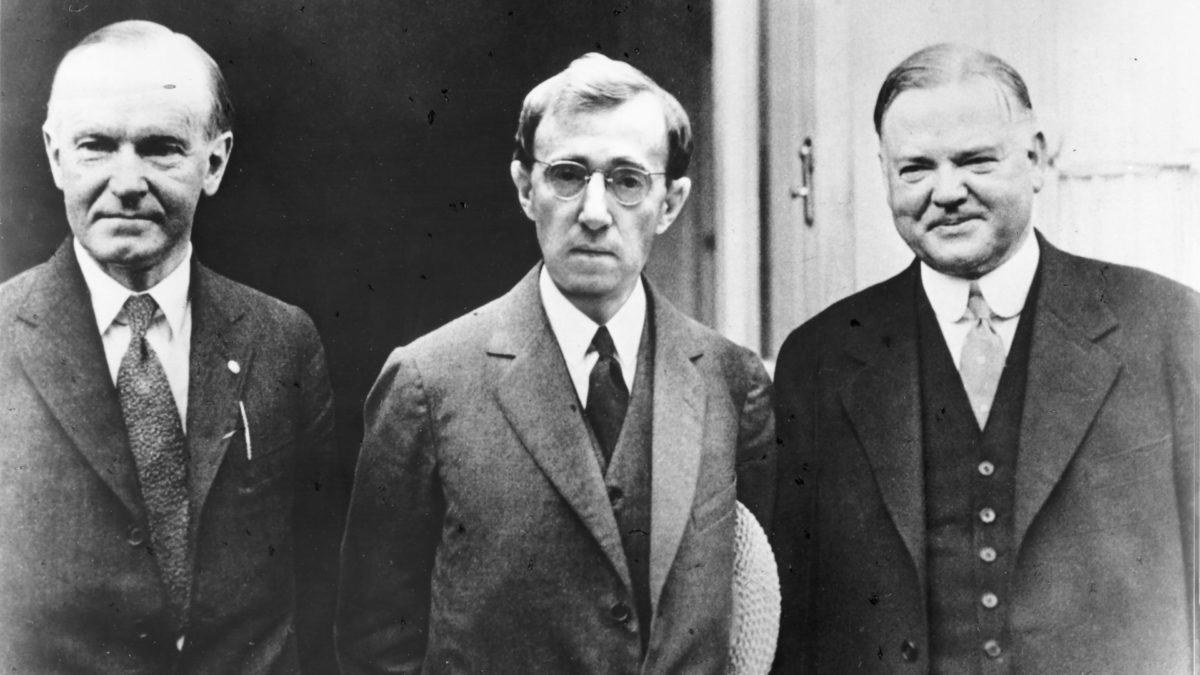
As a technical exercise, this is truly astonishing:
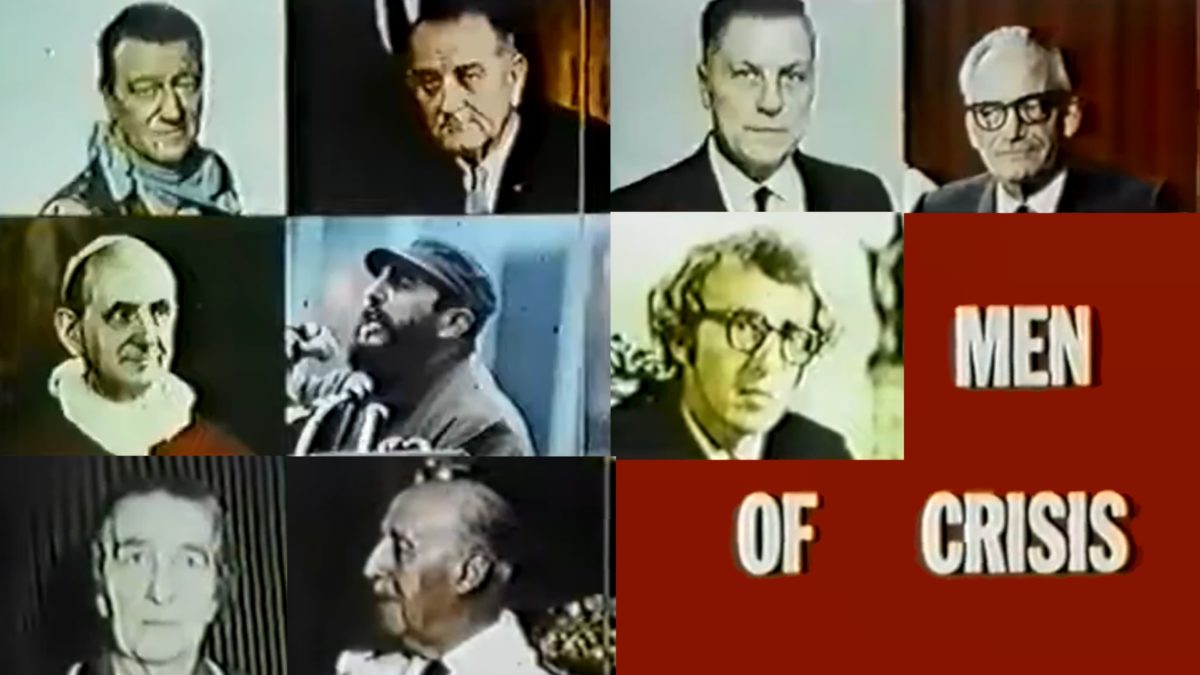
Early Woody Allen mockumentary short I watched to compare to later mockumentary Zelig. Very jokey and political. A few moments made me laugh — e.g. a congressional inquiry about the Boy Scouts to parody the hunt for Communists, and a garbled monologue about “winning war or winning peace.” Many of the references are too timely to resonate today. I did enjoy the early Diane Keaton sighting, though.
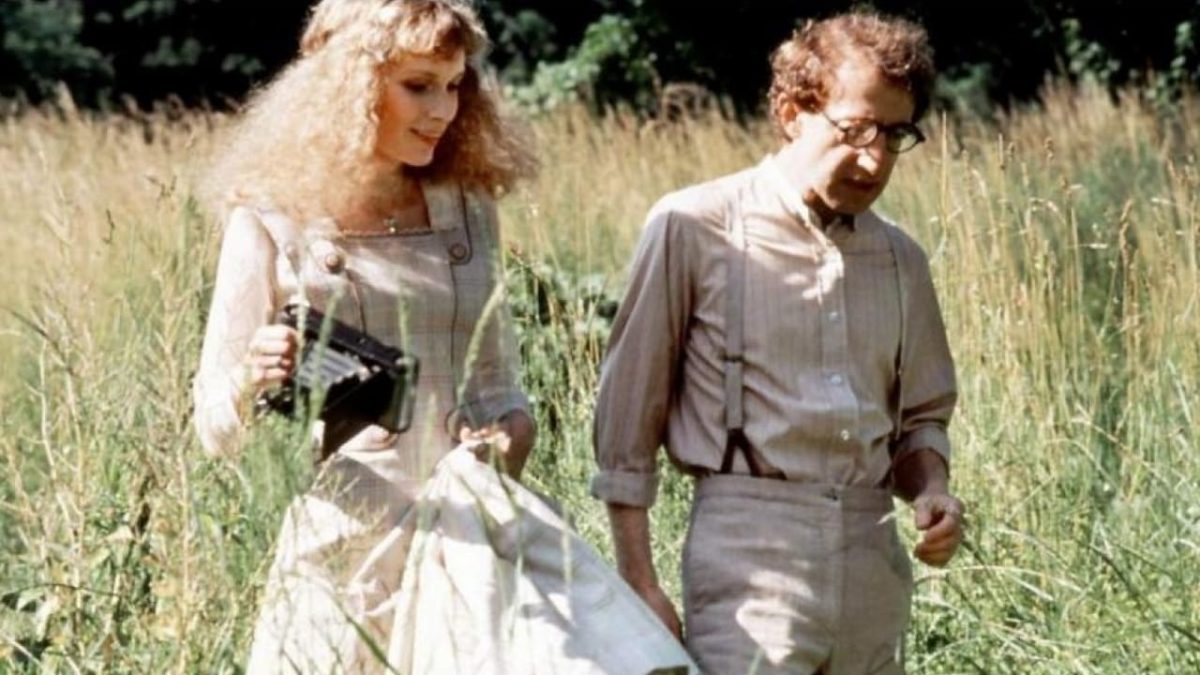
Given the movie’s place in Allen’s filmography — right after Annie Hall, Manhattan, and Stardust Memories — it’s not hard to see why this movie was met with “that’s all?” skepticism. It’s a lightweight, bed-swapping romantic farce set in the early 20th century. But the film’s control of tone and playful storytelling is really charming. The acting is excellent, and the whole experience is brisk and pleasant, with a surprisingly optimistic thematic backbone: the past is past, and we should celebrate the things we have.
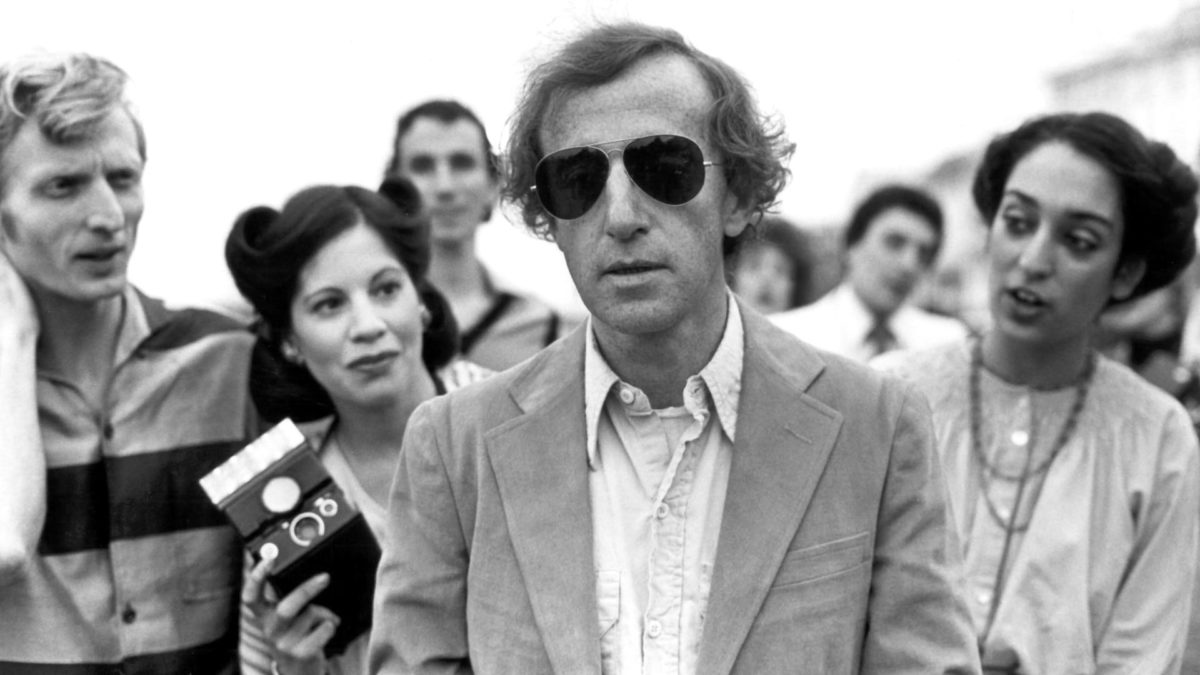
Given how self-focused his work is, Allen’s directorial voice works well with meta hijinks. The movies and movies-within-the-movie blend elliptically, rendering romance into a confusing, dreamlike haze. Stardust Memories is not particularly fun, but certainly beautiful, and, in my eyes, truly great.